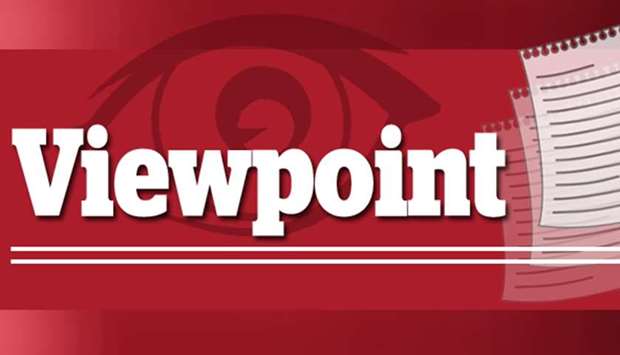Who knew?
Most American parents with high school-age students understand the college-entry scandal that led to 50 arrests on Tuesday is just the tip of the iceberg in a system rife with elitism. The only shocking aspect of the story was just how low wealthy and celebrity parents were willing to go to get their underperforming darlings entry into prestigious colleges and universities in America.
The Justice Department investigation should be just the start. State and federal lawmakers must next examine ways to level the playing field.
The challenge is massive, especially in a private university world highly dependent on wealthy donors. The inequity of a system deceptively billed as a meritocracy is appalling.
The favouritism exacerbates America’s growing economic divide, rewarding those families who can buy admission at the expense of those who can’t. For every undeserving student who gains admission to a prestigious school there is an accomplished child who had the door slammed in his or her face, denying a rightful opportunity for advancement.
The focus on Tuesday was on Hollywood actresses Felicity Huffman and Lori Loughlin and the dozen or so Bay Area parents who were also charged in the scheme. Social media had a field day with posts condemning the extent of their outrageous acts.
But their behaviour was only a symptom of a much greater disease: The cut-throat nature of the college and university admissions system encourages parents to go to greater and greater lengths to give their kids an edge.
For example, pricey club sports are designed specifically to give children a better chance of winning an athletic scholarship. Travelling soccer, baseball, volleyball and basketball programs charge parents thousands of dollars a year to increase the odds their children will be “seen” by a Division 1 coach of a prestigious university - to provide privileged kids a greater chance for admission through sports for which they might not qualify through academics.
Another example: Parents spend thousands of dollars on private consultants who “help” students prepare their resumes, write their essays and tutor them on how to take the Scholastic Aptitude Test (SAT). The college prep market is a $12bn industry.
The College Board that organises and administers the SAT admitted in 2017 that students who can afford academic tutors register an average gain of more than 100 points on their scores.
And then there are the parents who can afford to write big donation checks to gain their children immediate favour. Or the “legacy” parents who were privileged enough to attend an elite school and pass on that privilege to their children.
A study of Harvard University revealed that legacy students made up a third of its admissions, and that legacy students had an acceptance rate five times higher than non-legacy applicants.
The main difference between these parents and the ones arrested on Tuesday is that one method of gaining favouritism is legal and the other isn’t. - Tribune News Service

